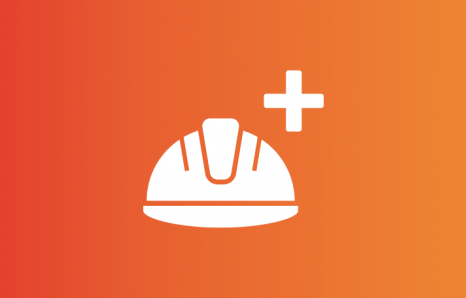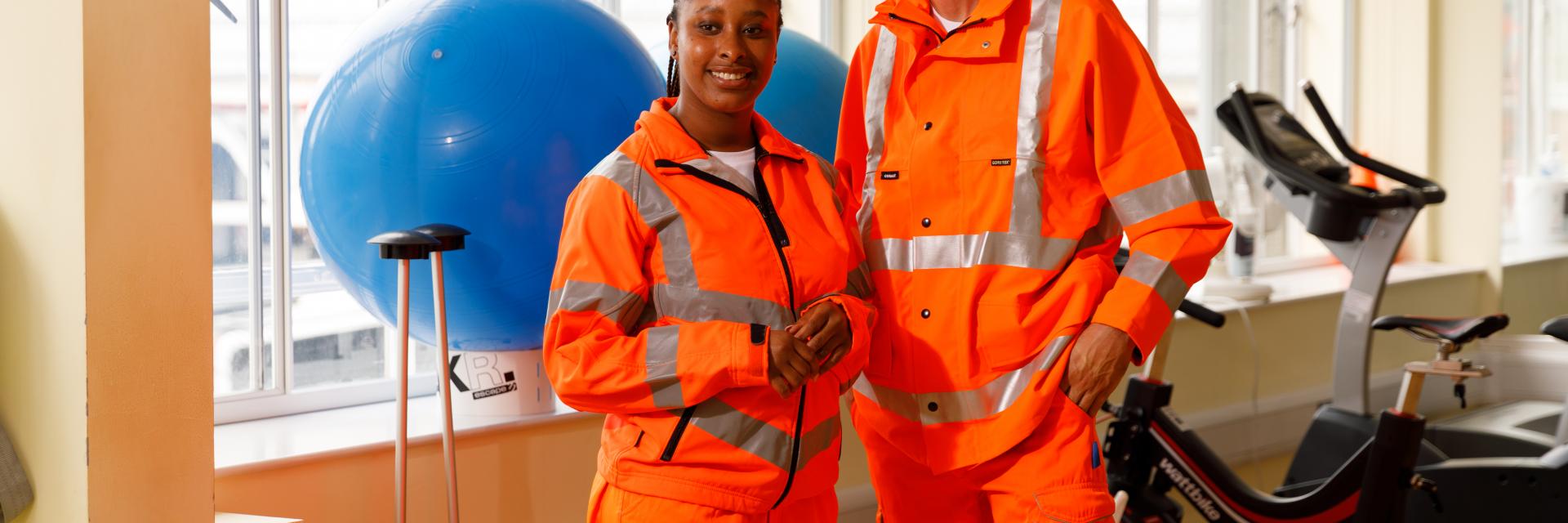Too often we measure our exposure to harm only after that harm has happened. The RWA Occupational Hygiene Management Group talks about how it’s time for a new, proactive strategy, that helps us to avoid risks, ultimately to improve quality of life for our colleagues.
You may also be interested in:

Building a peer-to-peer support network in your organisation
Nick Baddeley, Louise Mears and Fran Garvey-Fereday discuss the development, challenges, and implementation of a ‘Wellbeing Ambassador’ network within Network Rail. Based on their own experiences, they deliver a best-practice guide for all.

RWL '23 preview - Wendy McCristal and Rupert Lown
Wendy McCristal and Rupert Lown discuss the importance of good mental health, especially for those in lone working roles. They talk about the health challenges especially faced by shift workers and how they can take control of their wellbeing while working long and irregular hours.

Top tips on improving metabolic health
Learn simple, practical ways to boost your energy, manage weight, improve sleep, and support long-term wellbeing. This session covers nutrition, movement, stress control, and key health numbers to help you take charge of your metabolic health.
